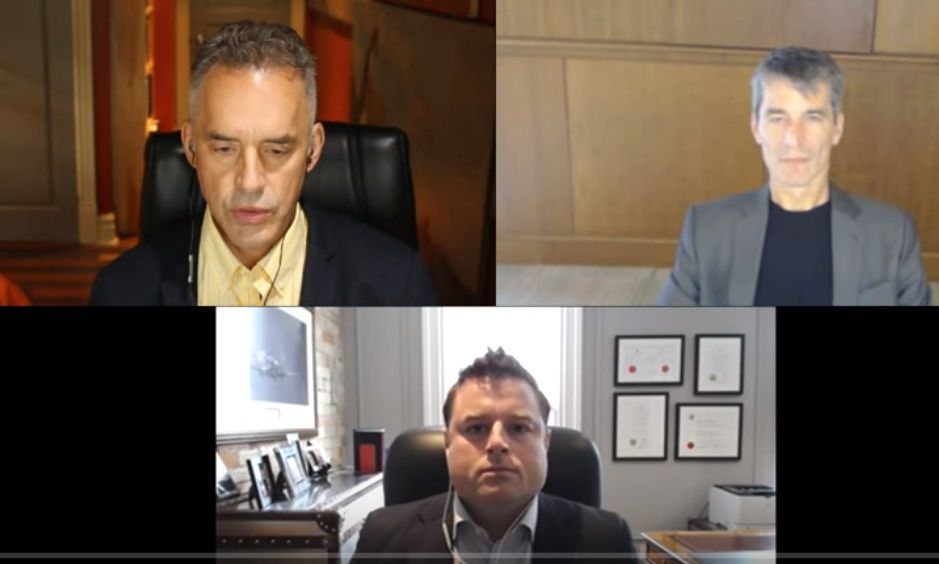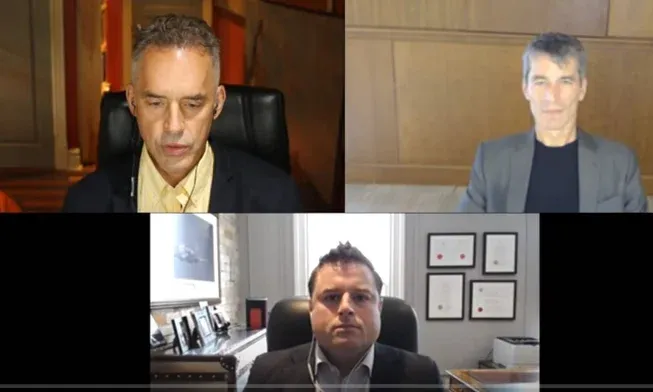Law Society considers exemption for lawyers challenging controversial “Statement of Principles”

After numerous public outcries by lawyers and academics, the Law Society of Upper Canada might reconsider its recent demand for all practitioners in Ontario to submit a personal “Statement of Principles” declaring that they will promote equality and diversity.
LSUC bencher Joe Groia is asking the society to allow lawyers to not be required to adopt a statement acknowledging they are supposed to be promoting equality and diversity and inclusion.
According to the LSUC, the Statement of Principles is designed to advocate equality on behalf of racialized licensees. But even the term “racialized” is being challenged in public discourse regarding this issue, most notably from prominent free-speech academic and psychologist Jordan B Peterson.
Peterson recently suggested in a widely-watched online video called "A Call to Rebellion for Ontario Legal Professionals" that the LSUC’s Statement of Principles has been politicized and invented for the purposes of promoting compelled speech and cultural Marxism, two trends he often discusses within his classrooms but also on the Internet.

An online private petition was recently launched specifically for lawyers to sign up and, among themselves, discuss options which may lead to potential litigation over the purported constitutionality of the LSUC’s Statement of Principles.
“At the core of free speech is the liberty to criticize the content of the law,” says Queens Law Professor Bruce Pardy, who recently penned a National Post column, where he claimed the LSUC’s new policy is befitting of a nation such as North Korea.
Groia, a bencher at the LSUC, has recognized the concern of lawyers who don’t agree.
“No matter how much I personally support the goal of greater diversity, and I believe it is extremely laudable indeed, we cannot and should not ask any lawyer to be compelled to say something unless they choose to do so of their own free will.”
Moderate observers are suggesting this policy is mere virtue signaling, and that lawyers are actively being given templates to fill out to send to the society to maintain compliance.
When it comes to actual punishment for non-compliance, it may only result in letters being sent to lawyers who don’t file—at least for this year, according to LSUC treasurer Paul Schabas.
uLawPractice, a web-based digital legal assistant which automatizes compliance with law society guidelines, is currently monitoring developments related to the Statement of Principles to determine if its many users will benefit from having the option to flawlessly become compliant with this matter, as it does with many administrative components of the legal profession, such as trust accounting(and general), practice management, and financial management.
BECOME COMPLIANT THE EASY WAY & LET SOFTWARE DO YOUR ACCOUNTING.

